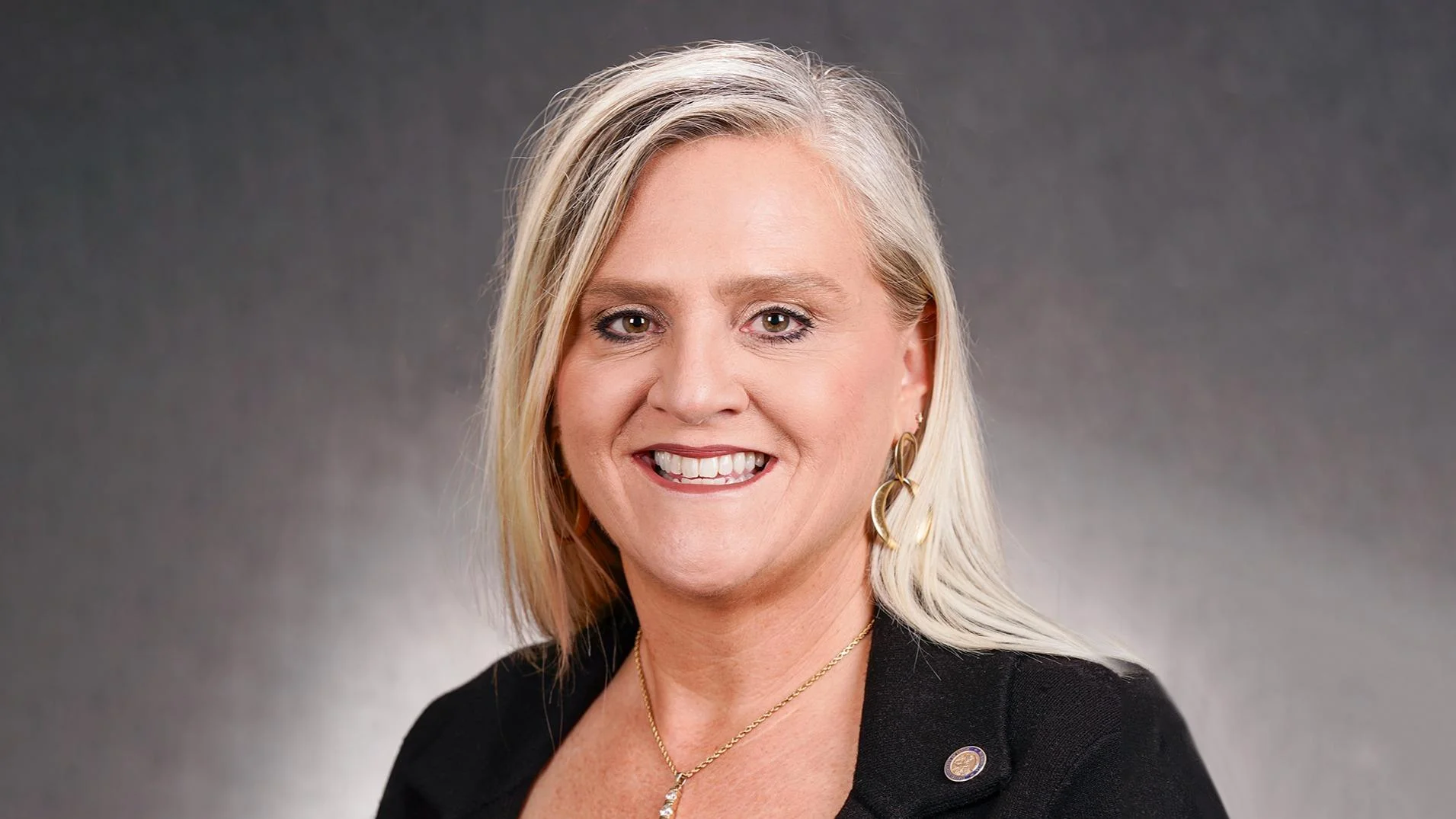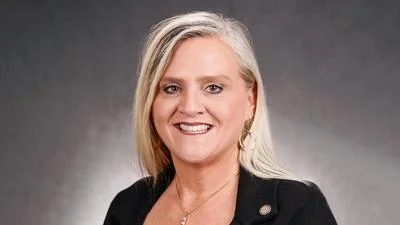Pam Altendorf, Minnesota State Representative of 20A District | Official Website
Pam Altendorf, Minnesota State Representative of 20A District | Official Website
Minnesota has experienced a series of high-profile fraud cases in recent years, with government programs coming under scrutiny for oversight failures. The Housing Stabilization Services program, launched in 2020 to help people with disabilities and mental health challenges secure stable housing, saw its costs rise from an initial estimate of $2.6 million per year to more than $100 million after four years. Despite this rapid increase, the Minnesota Department of Human Services did not intervene until investigative reporters and the U.S. Attorney’s Office uncovered significant irregularities.
A notable incident involved a single office building in St. Paul that housed 22 different housing providers, many now under federal investigation. The Walz administration has since shut down the Housing Stabilization Services program.
The state has also seen other major fraud cases during Governor Walz’s tenure. These include the Feeding Our Future scandal, which resulted in 50 criminal convictions and over $250 million stolen—described as the largest scam of its kind nationally (https://www.justice.gov/usao-mn/pr/feeding-our-future-investigation-results-50th-defendant-being-convicted). Other cases involve child care assistance ($150 million), addiction outpatient services through NUWAY ($58 million), frontline worker payments ($45 million), provider overpayments ($40 million), Evergreen Recovery ($30 million), sober homes ($28 million), Medicaid fraud ($50 million), unemployment benefits fraud (nearly $9 million), and issues at Minnesota autism centers (nearly $2 million).
U.S. Attorney Joe Thompson has suggested that total fraudulent activity within Minnesota government programs could surpass $1 billion.
Efforts were made last legislative session to establish an independent Office of Inspector General to investigate and refer fraud cases for prosecution without oversight from the governor’s office. While similar legislation passed in the Minnesota Senate with broad support, it was not brought to a vote in the House.
"Fraud is literally running rampant in Minnesota. No other state has these problems. No one within any of these government agencies is ever held accountable, and it often feels like no one is even attempting to stop it. And yet, when it came time to enact meaningful change to prevent future taxpayer theft, House Democrats stood in the way," said a statement regarding the legislative impasse.
"What do you think? Is state government fraud much ado about nothing, clear signs of larger mafia-like organized crime activity happening throughout Minnesota state government, or somewhere in between?"
"To me, at some point we must recognize that continued fraud activity in our state is not a coincidence. We owe it to taxpayers to end this abuse of their tax dollars. It is a serious problem that demands a serious solution, and not just another shrug of the shoulders when Minnesota learns of continued (and apparently, inevitable) fraudulent activities in the months ahead."





 Alerts Sign-up
Alerts Sign-up